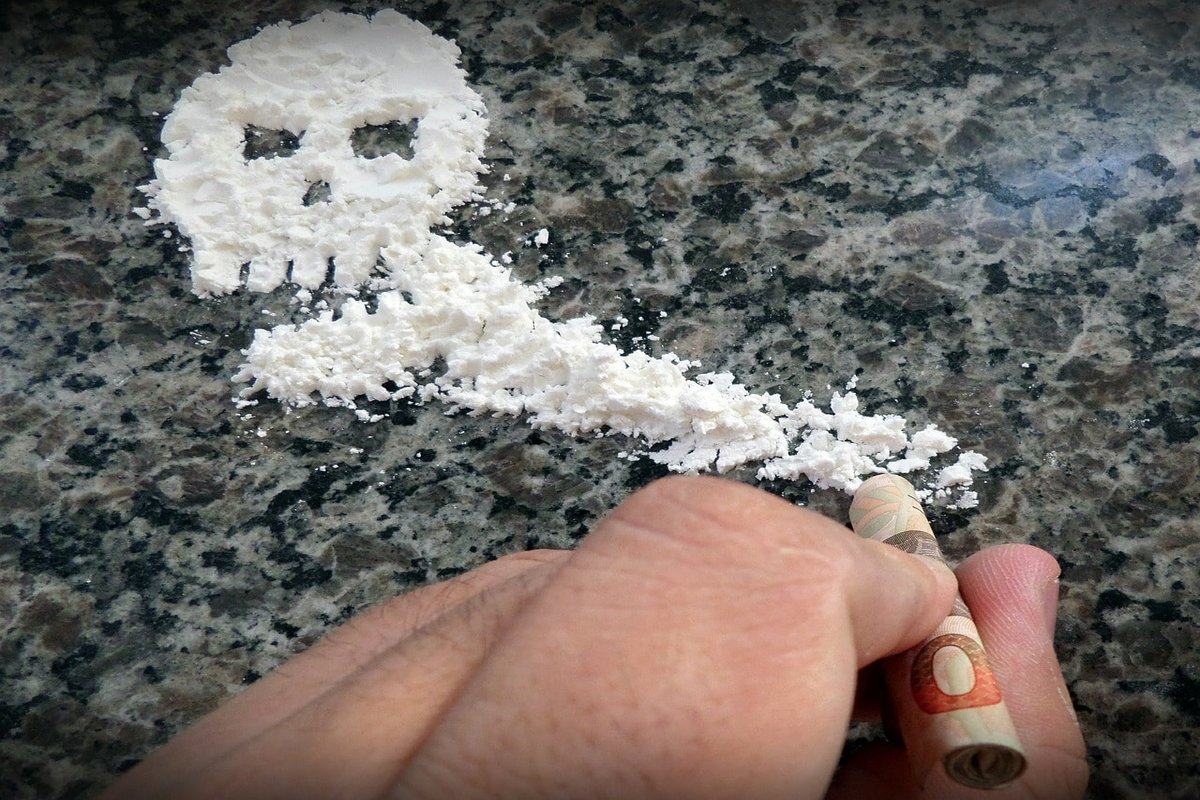

For individuals who are battling with drug addiction, sobriety might seem impossible to reach. They feel as if their addiction has already taken its toll and there’s no turning back from such a destructive habit. While these emotions are completely valid and understandable, overcoming drug addiction is, in fact, possible. With the help of a strong support system, a strong commitment to change, and an effective drug addict intervention program, drug addicts can start their journey to recovery and head back in the right direction.
Overcoming drug addiction is a step-by-step process that requires patience, resolves, and dedication. Here’s what you need to do to live a clean and sober lifestyle.
Table of Contents


The first step on the road to recovery has a strong willingness to change. More than anything, it’s the combination of recognition and readiness that will get you started. You should possess both the awareness and the willingness to acknowledge your drug addiction and address it. The key to overcoming drug addiction is to commit yourself to make better decisions for your mind, your body, and your relationships.
This means walking away from toxic people, avoiding places and environments that have led to your addiction, and actively choosing healthier habits. Most people that struggle with addiction find that the first step is always the hardest. The willingness to change might not develop immediately, and that’s okay. Change can be a scary thought because it’s unfamiliar territory.
If you’ve found the willingness to change, you know that something has got to give. There’s a reason why you want to be sober, and something inside is telling you that it’s about time to make that happen.
Drug addiction is a chronic disease that takes over a person’s brain. The more you use addictive substances, the more disruptive its effects are. The result is the person becomes dependent on the substance as a means to cope with depression, anxiety, and stress. Their brain and body have become accustomed to the substance, and once they stop using it, they experience withdrawal symptoms.
For this reason, undergoing professional rehab treatment is what most experts recommend. Sometimes even going out of your way to remove yourself from your environment is important. Drug rehab centers in Bali are considered an especially good option for isolation while also providing excellent care.
Drug treatment programs will not only guide drug addicts on their way to recovery but also help them manage the painful withdrawal symptoms that go along with it. There are many places you can turn to for help, and the right treatment program will help set you up for long-term success. Because addiction stems from the mind, professionals may also recommend psychotherapy and mental health treatment.
While drug treatment programs are crucial to breaking the drug cycle, the process will feel much easier when you have a strong support system. Surround yourself with positive and uplifting people who will encourage you to stay sober.
Build new relationships and keep in touch with friends and family who show their support throughout your recovery. Overcoming drug addiction is a long journey, one that’s filled with plenty of ups and downs. Throughout this journey, you want to be accompanied by people who have your best interests at heart.
You are having someone who understands you and your situation can significantly bolster your success of living a clean and sober lifestyle.
For some addicts, drugs serve as an escape from loneliness and hurt feelings. Their brains have been hardwired to feel pleasure and satisfaction from using the substance to provide temporary relief. During your rehabilitation, you may experience relapse as a means to cope with anxiety or stress. But do not let the setback discourage you, as regression plays a vital role in helping you overcome drug addiction.
It’s important to practice healthy coping skills when undergoing treatment so you can permanently replace your destructive habits. Often times, professionals will have their patients undergo behavioral therapy to teach them how to avoid triggers and defeat their cravings while recovering.
Some examples of healthy coping skills include exercise, going for a brisk walk, and meditation. Comprehensive counseling will go a long way towards replacing your bad habits with positive ones that’ll facilitate your recovery.
After completing your rehabilitation, the decisions you make will have a huge impact on your life going forward. At this stage, you want to protect yourself from relapse by engaging in activities that bring meaning to your life. When you live a life full of purpose, it keeps you going. It motivates you to after it each time you wake up in the morning.
Pick up an old sport you used to love. Do something you’re really passionate about. Experience new things and go out and explore what life has to offer. As you acclimate to your new lifestyle, you’ll find fulfillment in other matters that don’t involve drug use. Living a meaningful life that’s drug-free is at the heart of your recovery and will set you up for long-term sustainability.
Helpful Resources:
1. Top 7 Proven Health Benefits of CBD Oil
2. Vaping is Becoming Popular Among Young People
In the relentless pursuit of entrepreneurial success, it’s easy to overlook the most vital asset—yourself.… Read More
A barrel sauna isn’t just a visually striking wellness addition—it’s an efficient and highly functional… Read More
Technology is an integral part of most teenagers' lives today. While devices and social media… Read More
LASIK is one of the most popular vision correction surgeries that offers you freedom from… Read More
Plumbing issues can arise unexpectedly, and understanding the costs involved is crucial for homeowners and… Read More
Skin aging is often associated with external factors like sun exposure and pollution, but inflammation… Read More